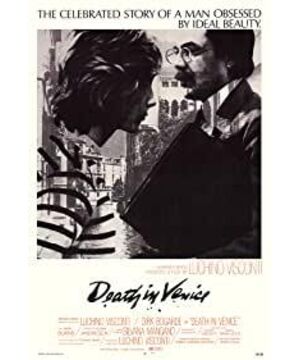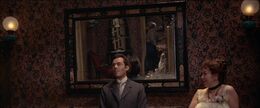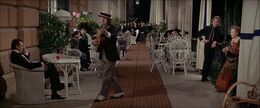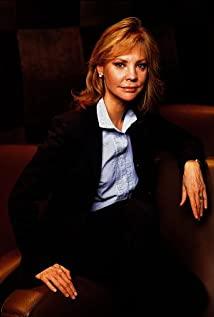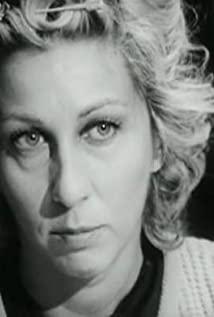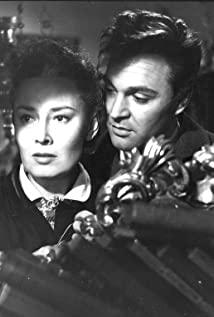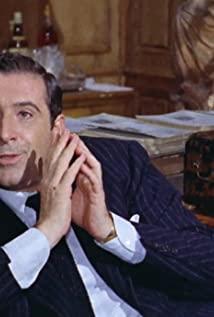Visconti madly shows her love of beauty in this film. In 1911, the German composer Asemba came to Venice. He wanted to temporarily stay away from the place where he lived, and calm himself down in the beautiful Italian water city. In today's words, it is a trip that just goes away. But Asamba, who had just arrived in Venice, was not happy at all. He still looked haggard and dry all day. At the same time, I have lost my sense of music, and I can't even hear my friends playing their own music. This is an unacceptable degradation for a composer. Until Asamba saw the beautiful boy Tacchio in the hotel restaurant. Tacchio's face like a Greek sculpture fascinated him. This encounter made his dying heart rejuvenate, and he was deeply immersed in the appreciation and worship of the beautiful boy's exquisite and perfect face. From then on, Visconti aimed the camera at the sculptural face of the beautiful boy, allowing the audience to perceive the beautiful art together with Asamba. Every time Asemba looked at the beautiful boy in the restaurant, and every time he stopped to stare at the shoulders, he was releasing a long-suppressed passion. The inadvertent glances and glances of beautiful young people are the culmination of the beauty in the world, the pinnacle of art, and the whole world. Not only did Asemba follow the beautiful boy with his soul, he also shaved off his beard, put on a pale foundation, combed his head, and followed the beautiful boy in a young image. He did not dare to strike up a conversation, because this face was his god. He would fantasize about telling the beautiful boy's family to leave quickly after learning that the plague had spread to Venice, but it was a fantasy after all, and he couldn't speak. He could have escaped, but came back here. In a serious condition, he continued to believe in the body and face of the beautiful boy while sitting on a lounge chair by the sea. In the end he died on the beach, in front of a miracle.
View more about Death in Venice reviews


